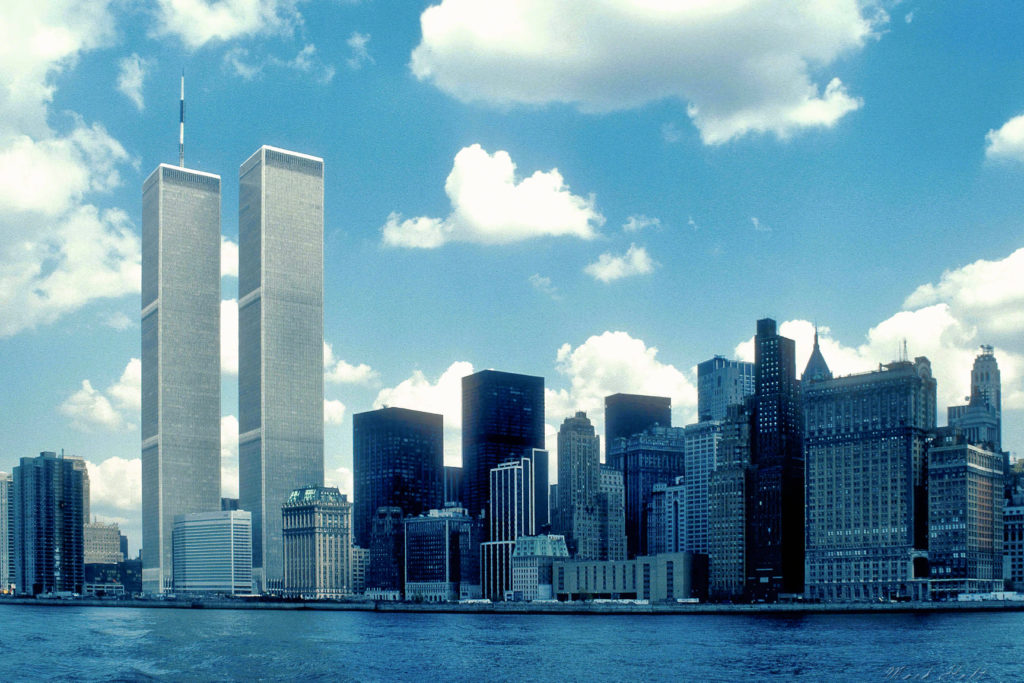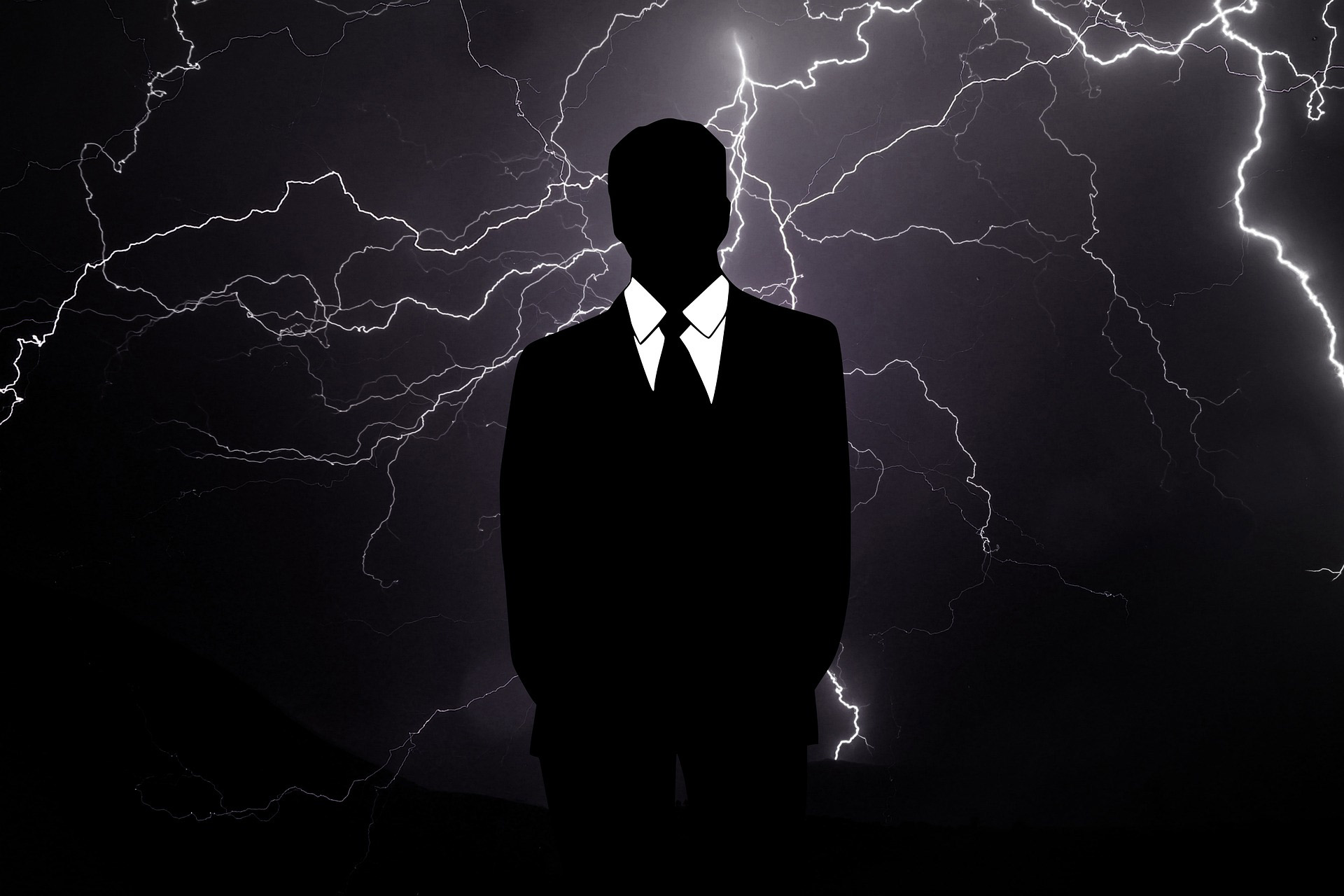I took Ben and Raj-Ann to NYC during the Thanksgiving of 1992. We did the town but the highlight was going to the top of the World Trade Centers. Both of them fell in love with the city. Ben chose to go NYU for his college and Raj-Ann went to Syracuse.
Ben had just graduated from NYU in the June of 2001 and moved to LA to be closer to Hollywood and Raj-Ann was still living and working in Manhattan when the tragedy stuck on 9/11/2001. I had gotten a call from Roy Prasad at 6:30am California time asking me to turn the TV. I turned it on just in time to see the second plane hit the other tower.
NYU is very close to ground zero and Raj-Ann lived on 23rd street which about 25 blocks north of the ground zero. She worked uptown, closer to Central Park at the time. I was worried about her and called her immediately. She was at work and was not immediately affected by the tragedy. Ben was very distressed as he had many friends still in the area of the tragedy. One of the close friends had gotten a job at Merrill Lynch building, just south of WTC. He was fine but had to be evacuated to NJ by a ferry.
It has been 19 years and memory is still fresh. I went to NYC as soon as I could to see the ground zero. I have been to the 9/11 memorial. I choked up and feelings were still raw when I was there last time about a year ago.
I had landed in NYC on my birthday in 1967 when I first came to America. I lived in NJ, not too far from NYC in 1969/70. I saw the towers WTC go up in early seventies. I travelled frequently and did the financial district our IPO in 1987. I love walking down the avenues for 60/70 blocks. I don’t miss to take in a Broadway show when I am in the city.
My wife Ann grew up in Connectcut, about 50 miles from the city. NYC is close to my heart and will always be!



